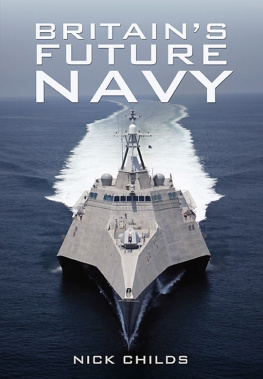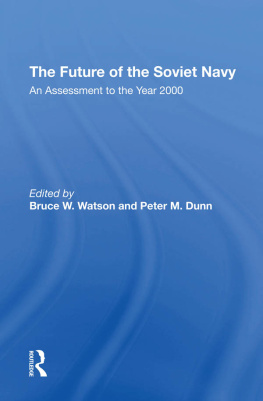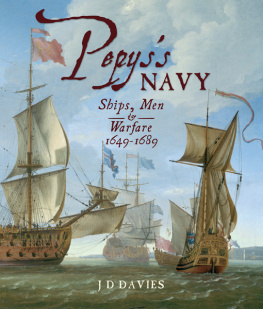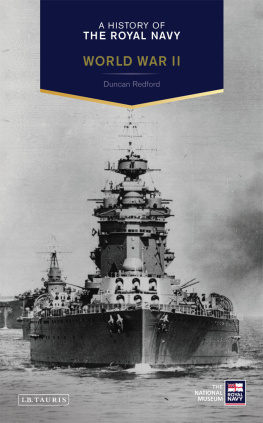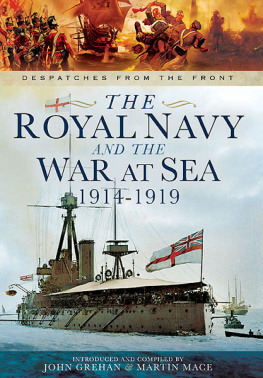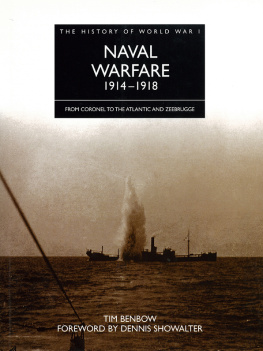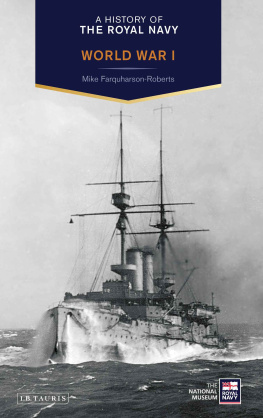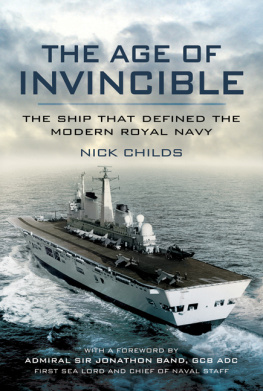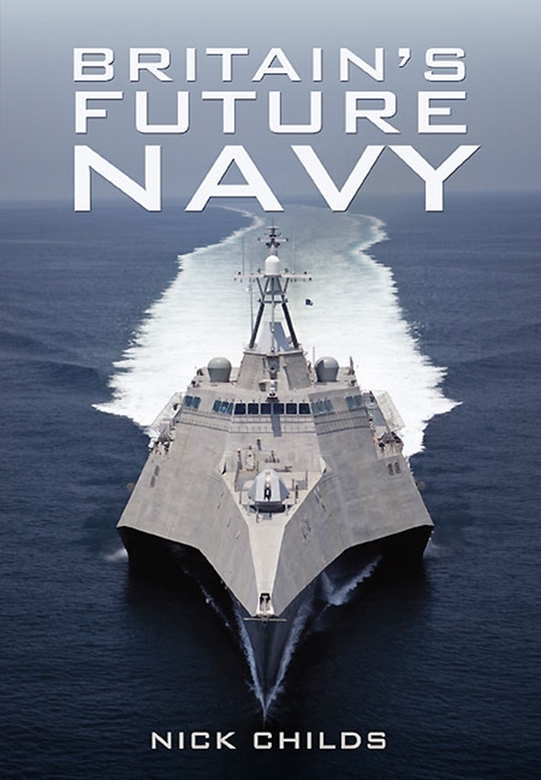Nick Childs - Britains Future Navy
Here you can read online Nick Childs - Britains Future Navy full text of the book (entire story) in english for free. Download pdf and epub, get meaning, cover and reviews about this ebook. year: 2014, publisher: Pen & Sword Books, genre: Politics. Description of the work, (preface) as well as reviews are available. Best literature library LitArk.com created for fans of good reading and offers a wide selection of genres:
Romance novel
Science fiction
Adventure
Detective
Science
History
Home and family
Prose
Art
Politics
Computer
Non-fiction
Religion
Business
Children
Humor
Choose a favorite category and find really read worthwhile books. Enjoy immersion in the world of imagination, feel the emotions of the characters or learn something new for yourself, make an fascinating discovery.
- Book:Britains Future Navy
- Author:
- Publisher:Pen & Sword Books
- Genre:
- Year:2014
- Rating:5 / 5
- Favourites:Add to favourites
- Your mark:
Britains Future Navy: summary, description and annotation
We offer to read an annotation, description, summary or preface (depends on what the author of the book "Britains Future Navy" wrote himself). If you haven't found the necessary information about the book — write in the comments, we will try to find it.
What kind of Royal Navy does Britain need now? The 21st century promises to be one of huge uncertainties and challenges for the senior service. Does Britain have the right naval strategy to cope with emerging threats (does it have a naval strategy at all, and should it?) and, if so, does the Navy have the right ships and enough of them to implement it? Given the time taken to introduce changes and develop new systems, policy makers, naval chiefs, and designers are confronted with 50-year decisions. But future choices are likely to be clouded by economic uncertainties produced by the current crisis, which could have implications for decades. Nick Childs looks at the changing strategic environment (including ever greater maritime trade and the growth of other navies such as China, India, South Korea, revolutions in North Africa and the Middle East). He asks what Britains role in the world could or should beis she still interventionist? (Libya says yes). If so, should our forces be designed purely to work with US, UN or Western European forces? What are the options for a naval strategy? The author then considers what kind of navy would be needed to support such options. What kind of ships are needed and how many? What of aircraft carriers and the nuclear option? What are the technological developments affecting current and future warship design projects? Is the new Type 45 destroyer what is needed and worth the cost? Given the depths to which the RN has shrunk in terms of numbers, public profile, and strength relative to its peers, this probably is a critical period in terms of determining the RNs future.
Nick Childs: author's other books
Who wrote Britains Future Navy? Find out the surname, the name of the author of the book and a list of all author's works by series.

